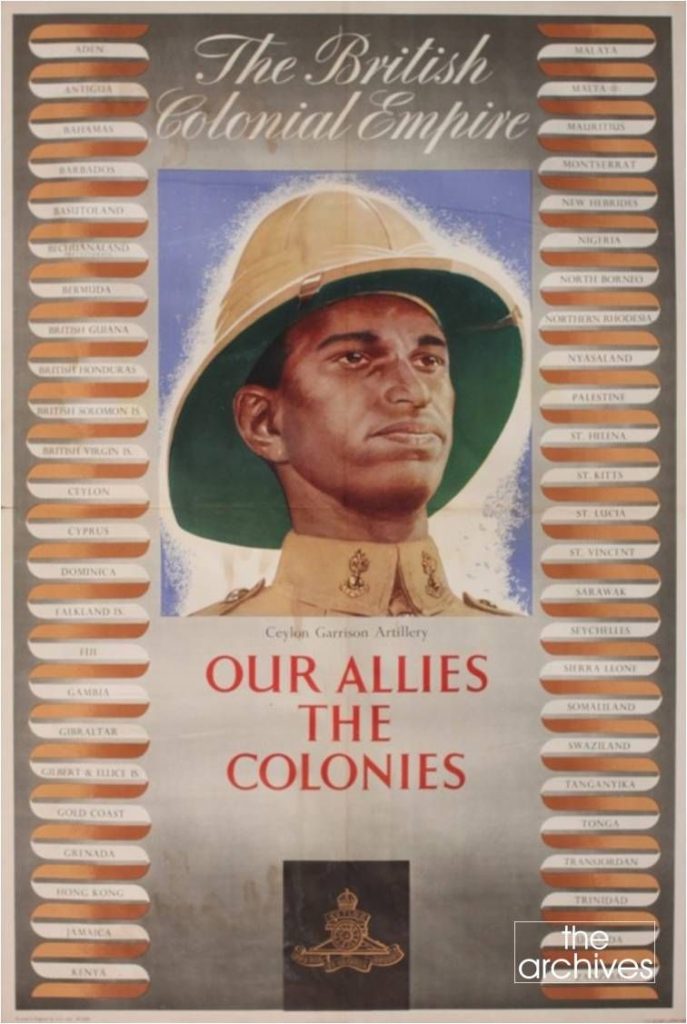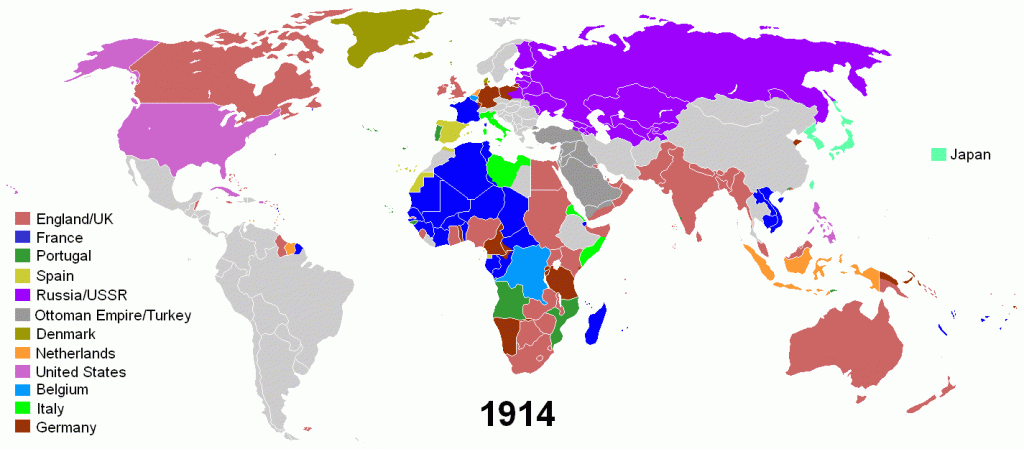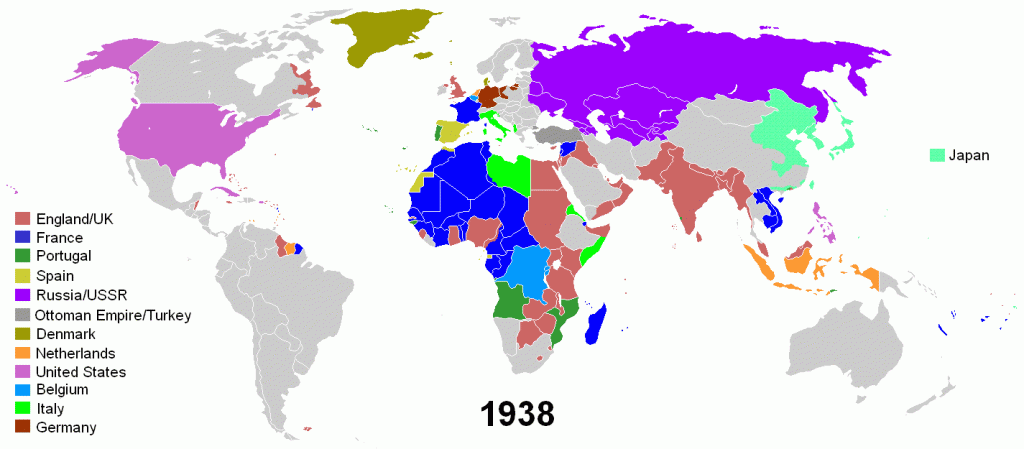The greedy cause of World War I
World War I, also known as the Great War, ravaged Europe as it hadn’t been seen before. With 37 million causalities, declaring it a catastrophe is an understatement. Although it has been over 100 years since, the debate on what caused WWI has continued. Was it the Austrians? The Germans? The multiple treaties pulling everyone along? It might be easy to point fingers, but the causes are endless. For those reasons, I chose to focus on 1 main geopolitical causes of the war – securing the States politics through geographical space.

For as long as power and politics have existed, acquiring territory has been a main goal. Expanding a countries region only increases its vitality. More land meant more natural resources (fauna and flora), natural boundaries, a larger population and more sea connections, important for commerce. In the 20th century, Britain and France were leading forces in colonization. With 79.2 million km2 of land colonized, Britain (owned) 41.3%. As the saying goes its “The Empire on which the sun never sets”. This resulted in a high commerce rate, allied forces and diverse natural resources. Furthermore Britain was surrounded by water, easing commerce even more.
The French were also well off. They had allot of land in Africa, and had recently acquire both Alsace and Loraine territory. But greed for power never ended, and neither did the greed for more territory. It was a race that each and every country in Europe wanted to win. This caused immense conflict and tension between the countries, which in effect, enabled the start of the war. It might have not been a direct cause, but the war was the perfect setting to expand their territory.
The countries with less colonial and territorial power and influence saw an even greater opportunity to attain more land. Germany in particular with only 3.3% of the 79 million km2 colonized. Germany had the mentality of becoming the greatest European power but didn’t have the resources and allies to do so. The war, contrary to what we now know, was believed to help them gain more land with the help of the Central Powers. In other terms, they bit off more then they could chew.

Figure 2. Map showing colonies pre-war 
Figure 2. Map showing colonies after war.
Due to the relentless desire to be the greatest, each country was slowly stepping on each others toes. Blinding by greed, they saw war as a economical and political opportunity instead of a threat to humanity.
Work cited:
GPF Staff. “Origins of World War I.” Geopolitical Futures, 19 Apr. 2019, geopoliticalfutures.com/origins-world-war/.
Management, Posted By: Confluence Investment. “WWI Reflections: Geopolitics And Markets.” ValueWalk, 28 Aug. 2014, www.valuewalk.com/2014/08/wwi-reflections-geopolitics-markets/.
Royde-Smith, John Graham, and Dennis E. Showalter. “World War I.” Encyclopædia Britannica, Encyclopædia Britannica, Inc., 1 Nov. 2019, www.britannica.com/event/World-War-I.
Terán, Carlos E. Flores. The 1914 European Outbreak . Fordham University, Apr. 2013.
Images:
Figure1.
https://i.pinimg.com/originals/4e/98/3d/4e983dcc4074f8c34bd0212fb22c77d1.jpg
Figure 2.
https://www.vox.com/2014/5/8/5691954/colonialism-collapse-gif-imperialism
